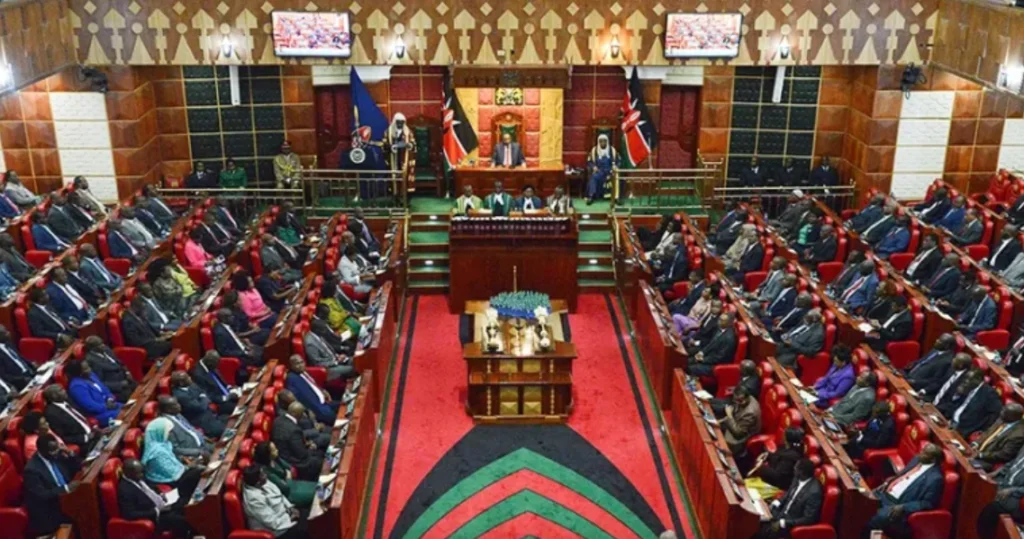A Bill that would classify crypto assets as securities and levy capital gains tax on them has passed a committee of the Kenyan parliament. The subsequent step is to present it to the lesser chamber of parliament.

Business Daily, a Kenyan newspaper, reported on December 4 that the Finance and National Planning Committee of the National Assembly has approved the Capital Markets (Amendment) Bill, 2023. The report cites Kimani Kuria, chairman of the Committee, as saying:
“This is a very critical law that will guard our country against proceeds of crime and terrorism financing. Cryptocurrencies are already being traded by millions of Kenyans yet we have no law to govern it. We approve this Bill for publication.”
Following the Committee’s approval, the measure will proceed to the reading phase in the National Assembly, the lower chamber of the Parliament of Kenya.
Cryptocurrency assets held on cryptocurrency exchanges and digital wallets will be subject to taxation under the Capital Markets (Amendment) Bill, 2023.
Kenyans will be required to remit capital gains tax on the appreciation of cryptocurrency market value when they dispose of or utilize it in a transactional context. The complete text of the bill has yet to be made available; however, the Business Daily reports that banks will be required to deduct 20 percent excise duty from all transaction-related commissions and fees.
Passage of the measure would require Kenyan citizens to disclose to the Kenya Revenue Authority the value of all their cryptocurrency holdings in Kenyan shillings. The report references the following section of the bill:
“A person who possesses or deals in digital currency shall provide the Authority with the following information for tax purposes—the amount of proceeds from the transaction, any costs related to the transaction and the amount of any gain or loss on the transaction.”
Although Kenya is yet to implement its own cryptocurrency taxes, tax authorities in other nations have become increasingly vocal about their intention to pursue individuals who failed to declare their cryptocurrency holdings accurately.
For instance, his Majesty’s Revenue and Customs recently demanded that holders of cryptocurrencies in the United Kingdom declare any assets they should have reported within the previous four, six, or twenty years.
